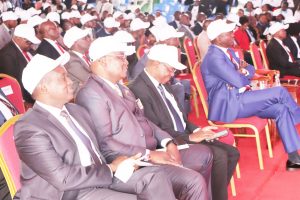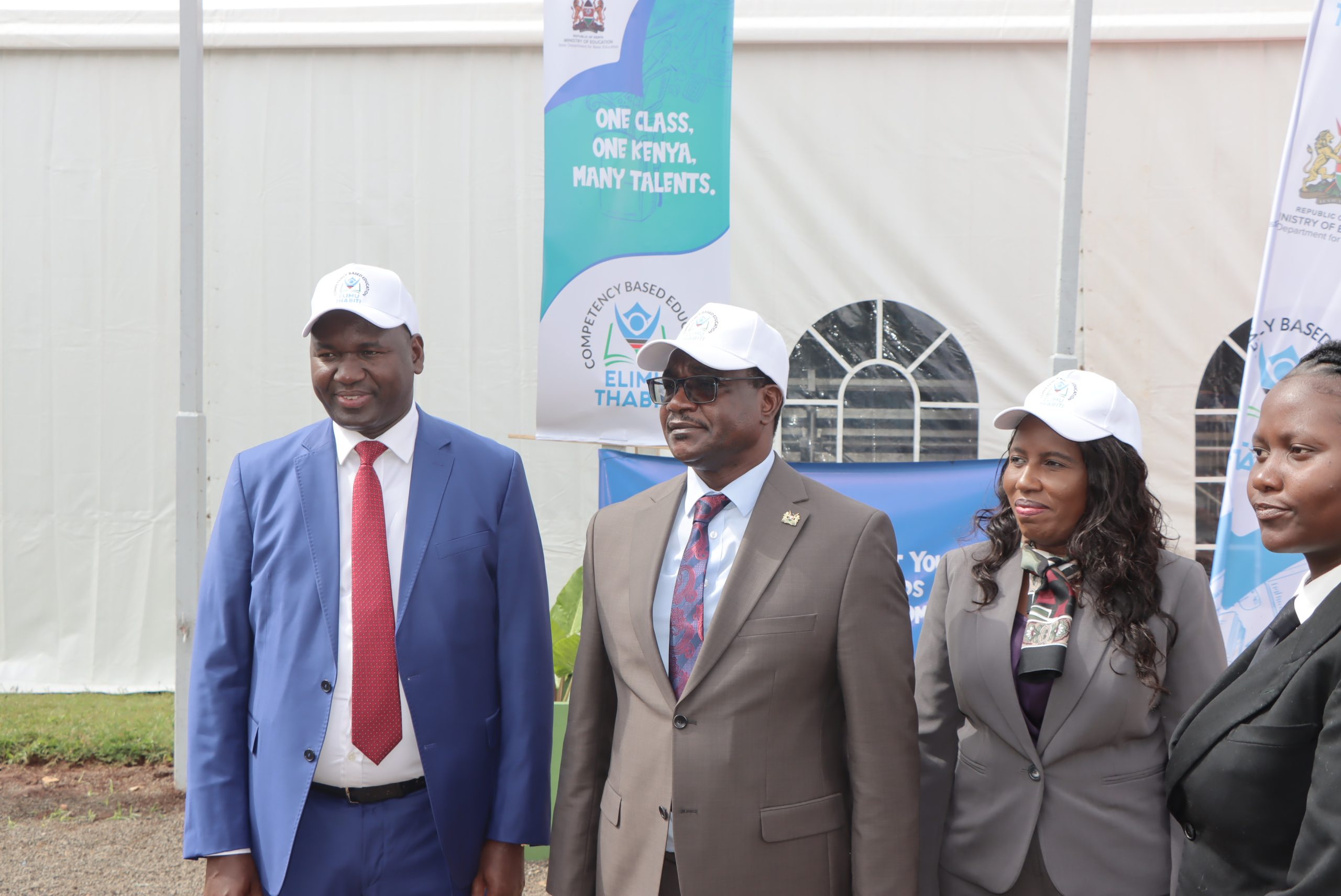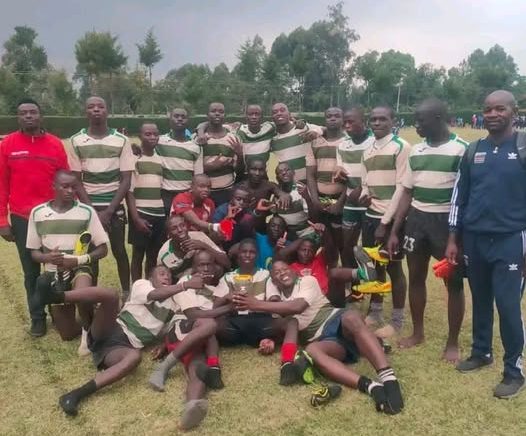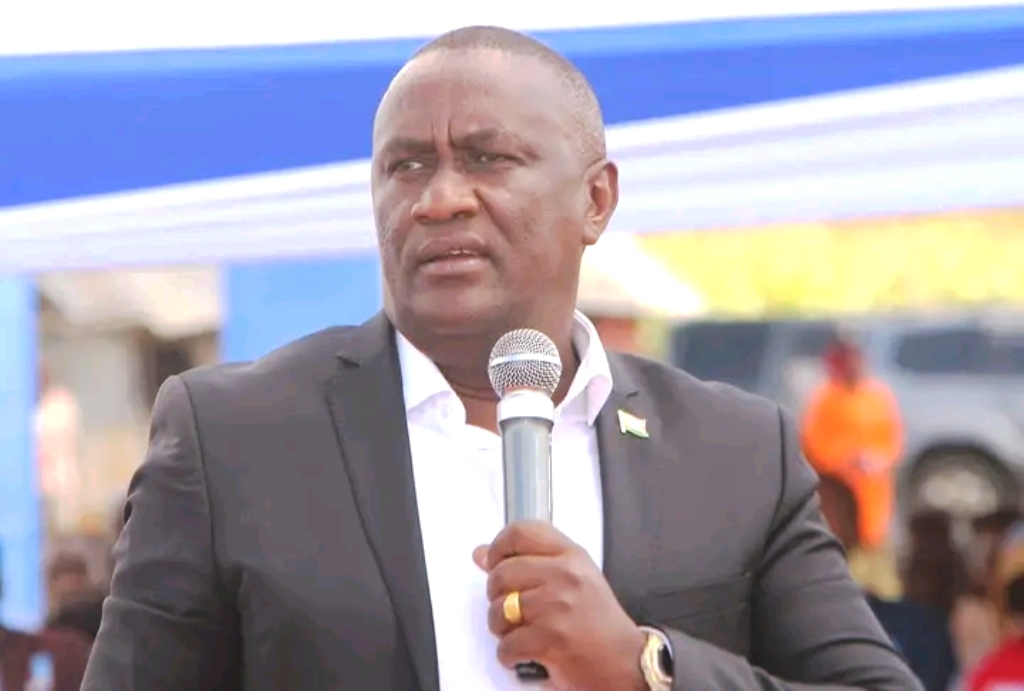The Ministry of Education, MoE, has proposed a raft of far-reaching changes for Special Needs Education (SNE) in the recently released national report on County-Based Dialogue on Education Quality and Learning Outcomes in Competency-Based Education (CBE).
The report has called on Kenya Sign Language (KSL) to be made mandatory in the training of teachers at Teacher Training Colleges (TTCs) in a major tilt in teacher education, in a move to institutionalize inclusive communication skills.
The move to make KSL mandatory as part of teacher training was necessitated by the need to allow more teachers to communicate with learners with hearing impairments, with stakeholders noting that there were inadequate trained teachers for learners with special needs.
“Include Kenyan Sign Language as a core competency in all teacher training to support learners with hearing impairments,” read the report.
In addition, most teachers had not received training for the specific disabilities they were handling, making it difficult to support learners effectively, especially those with multiple or complex needs.
ALSO READ:
Secondary school in Bungoma gets major facelift as MP opens new two-storey block
The report also recommends scaling up teacher training for SNE through the rolling out of specialized, disability-specific training programs for teachers to include SNE components in mainstream teacher education.
It further calls for the equipping of SNE learning environments through the allocation of dedicated funding to provide assistive materials and devices and to improve infrastructure in special schools.
Stakeholders expressed concern that materials and resources for learners with disabilities were lacking, with some schools not having Braille materials, sign language books, or assistive devices.
The situation was dire for learners in stage-based programs, where special materials and teaching approaches were needed but not provided, with teachers in these schools often being required to improvise or go without the right tools.

Assessment
The report also recommends strengthening support for SNE assessment, noting that efforts should be made to ensure the availability of adapted assessment materials for learners with disabilities.
Further, the MoE should provide targeted training for teachers handling SNE learners, ensuring they have the skills to conduct inclusive assessments, with the Kenya National Examination Council being required to improve the accessibility of online assessments for visually impaired learners by incorporating assistive technology.
ALSO READ:
Rongo Varsity targets planting of 2000 trees in Migori County
This was after concerns were raised regarding the shortage of SNE materials, which made assessments difficult for learners with disabilities, with online assessments also posing challenges, especially for visually impaired learners, due to incompatibility with screen readers.
Concerns were also raised about the fairness of assessing learners with disabilities under the current system, since there are no adapted teaching and learning materials available for deaf-blind learners.
Additionally, Hearing Impairment (HI) SNE learners struggled with lengthy exam instructions, often leading to unfair scoring, with stakeholders also questioning the adequacy of adapted assessments for learners with intellectual disabilities.
Infrastructure ahead of Transition
The report has called for a comprehensive assessment of vocational and special needs schools to be conducted to establish their specific needs, including required facilities, equipment, and human resources.
ALSO READ:
It has further urged the government to expand infrastructure and resources in SNE to specifically invest in building specialized classrooms, providing assistive technologies, training specialized educators, and upgrading existing vocational institutions to ensure that students with disabilities can transition smoothly.
This was after stakeholders pointed out that many vocational schools were not well-equipped to cater to their unique requirements, raising complaints that Special Needs schools lacked adequate accommodation facilities for learners with special needs and disabilities.
They also felt that implementation of CBE would be further hampered by an inadequate number of senior schools specializing in SNE, like vocational schools for learners with mental challenges and a need for sheltered workshops, which may lead to a non-conducive learning environment.
Special Needs Education emphases on providing tailored educational support and opportunities for learners with diverse abilities, encompassing those with disabilities, learning difficulties, and other special needs.
By Hezron Roy
You can also follow our social media pages on Twitter: Education News KE and Facebook: Education News Newspaper for timely updates.
>>> Click here to stay up-to-date with trending regional stories
>>> Click here to read more informed opinions on the country’s education landscape






